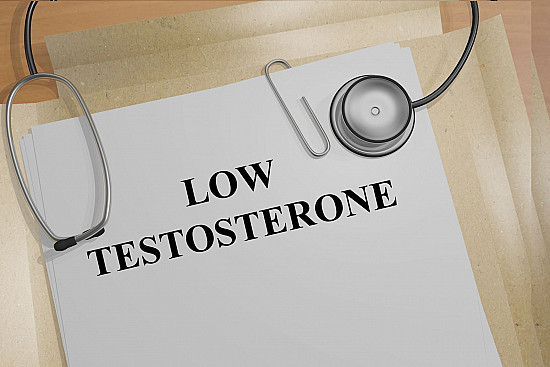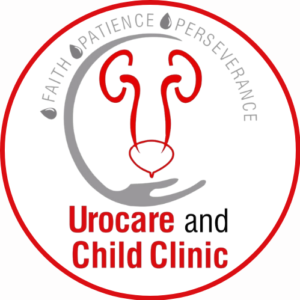
Decreased Testosterone: Causes, Symptoms, and Treatment

Testosterone is a crucial hormone responsible for various functions in the male body, including muscle mass development, bone density, libido, and overall vitality. A decline in testosterone levels can lead to multiple health concerns, affecting both physical and mental well-being. If you are experiencing symptoms of decreased testosterone, consulting a Urologist in Agra or a Sexologist in Agra can help you address the issue effectively.
Causes of Decreased Testosterone
Several factors contribute to a decline in testosterone levels, including:
- Aging – Natural testosterone levels decrease with age, particularly after 30.
- Obesity – Excess weight can lead to hormonal imbalances, reducing testosterone production.
- Chronic Illness – Conditions like diabetes, hypertension, and liver disease can impact hormone levels.
- Stress and Anxiety – High stress levels can disrupt hormonal balance, leading to decreased testosterone.
- Poor Lifestyle Choices – Lack of exercise, inadequate sleep, and unhealthy diet contribute to hormone imbalances.
- Medications – Certain medications, such as steroids and opioids, can negatively affect testosterone levels.
- Testicular Injury – Physical damage to the testes may hinder testosterone production.
Symptoms of Low Testosterone
Men experiencing decreased testosterone levels may notice the following symptoms:
- Low libido and reduced sexual performance
- Fatigue and lack of energy
- Loss of muscle mass and increased body fat
- Mood swings, depression, and irritability
- Hair loss and weakened bones
Treatment Options
If you are struggling with the symptoms of low testosterone, seeking professional medical advice from a Urologist in Agra or a Sexologist in Agra is essential. Common treatment options include:
- Hormone Replacement Therapy (HRT) – Helps restore testosterone levels under medical supervision.
- Lifestyle Modifications – Regular exercise, a balanced diet, and sufficient sleep can naturally boost testosterone.
- Weight Management – Maintaining a healthy weight can improve hormonal balance.
- Stress Reduction – Practices like meditation and yoga can help manage stress effectively.
- Medications – Some prescribed medications can aid in stimulating testosterone production.
- Natural Supplements – Certain vitamins and minerals, like zinc and vitamin D, support hormone health.
Why Consult a Specialist?
Decreased testosterone can significantly impact quality of life, but with the right medical approach, it can be effectively managed. If you are facing symptoms of low testosterone, consulting a Urologist in Agra or a Sexologist in Agra like Dr. Dilip Kumar Mishra can help diagnose the root cause and provide personalized treatment plans.
Take the first step towards better health today. Book an appointment.
For More Details About Dr. Dilip Kumar Mishra Visit Here https://drdilipmishraurologist.com/
Visit our Instagram Page https://www.instagram.com/drdilipkumarmishraurologist/
Check out our other posts
Who is at risk for BPH? – Dr Dilip Kumar Mishra Urologist

